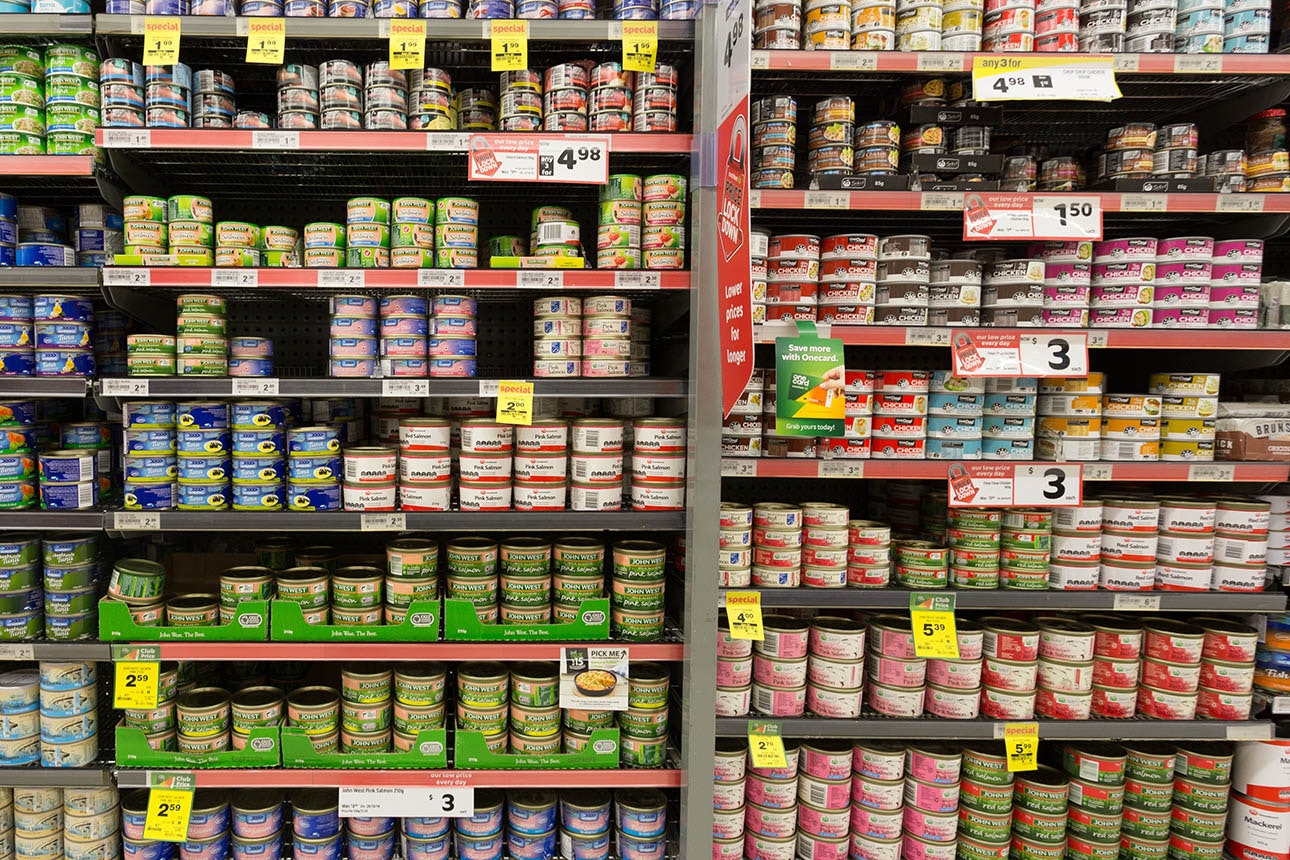
By Chris Schulz
Investigative Journalist | Kaipūrongo Whakatewhatewha
Consumer NZ has been voicing concerns about supermarket specials tied to loyalty programmes for years.
We don't believe loyalty programmes offer true benefits, we don't believe supermarket specials offer true savings, and we don't trust supermarkets to do the right thing with the data they get from us.
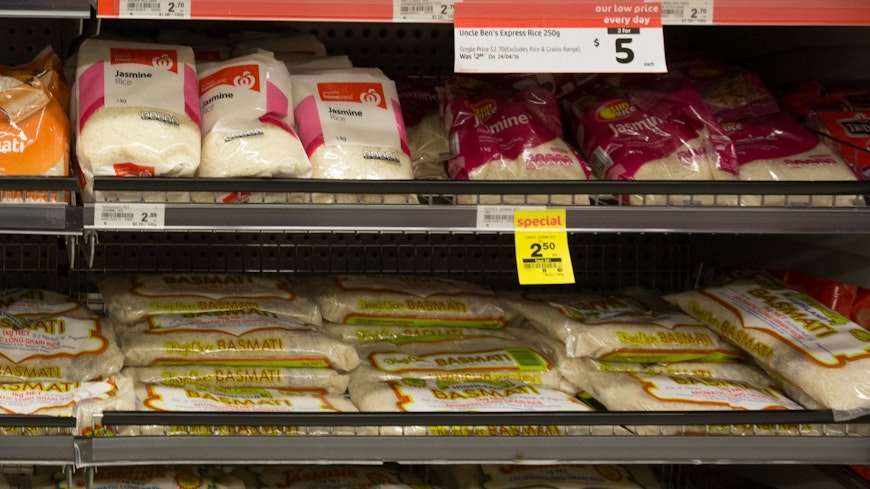
Now, thanks to the Consumer NZ Supermarket Survey 2025, we have data that shows consumers feel just the same way.
What our survey showed
Two major supermarkets offer loyalty cards: New World offers Club Card and Woolworths offers Everyday Rewards.
Those cards provide access to an extra tier of membership specials and a 0.75% cashback on purchases.
They are among the most popular loyalty cards in Aotearoa, with 1.8 million active users each.
For our survey, we asked participants to tell us what they think about these cards and the deals that they offer.
Nearly two in five consumers questioned whether the cards offered genuine benefit, feeling they added little or no benefit or savings.
38% found them slightly valuable or not valuable at all.
29% didn’t trust supermarkets to price products or promotions fairly.
29% disagreed with the statement, "Supermarkets are upfront about pricing and promotions".
Only a few felt loyalty programmes offer significant benefits.
"Make loyalty rewards actually worth having and gaining,” suggested one consumer.
“Make meat, fruits, vegetables, dairy accessible and affordable,” said another.
For the supermarket survey, we online surveyed a nationally representative sample of 1,005 New Zealanders aged 18 years and over during the week of 10 to 15 April. The survey has a maximum margin of error of 3%.
Are loyalty cards worth it?
In a recent Consumer investigation examining a wide range of loyalty programmes, we found supermarkets were among the stingiest with their cashbacks, offering just a $7.50 return on every $1,000 spent.
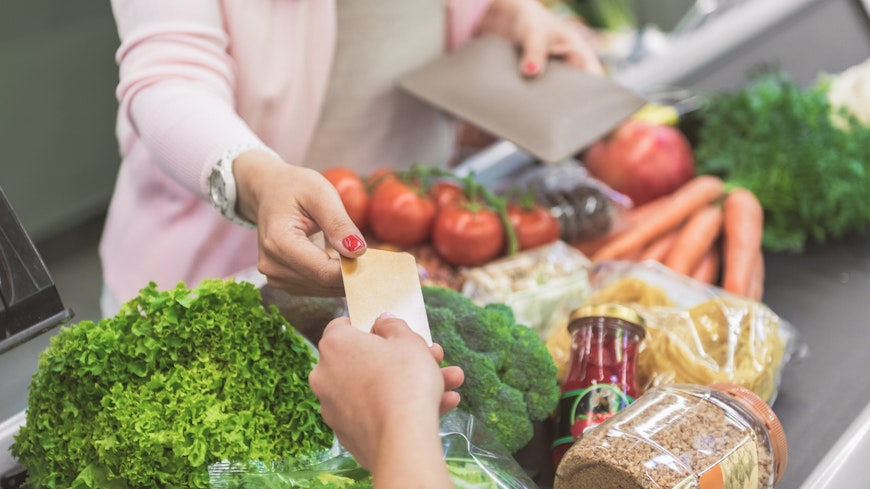
Spokespeople for Foodstuffs and Woolworths both pointed out that loyalty programme customers can also access additional specials and other offers not available to non-cardholders. Woolworth’s Everyday Rewards scheme, for example, also offers giveaways, competitions, and the option to earn Airpoints.
That may be the case, but another recent Consumer study found many items supposedly on ‘special’ at Woolworths could be found cheaper elsewhere.
What’s more, Woolworths customers must accumulate 2,000 points (by spending $2,000) before they can transform them into rewards. In the fine print, Woolworths says its points expire after 18 months of inactivity, and reinstatement of points on lost, damaged or stolen cards is "at our discretion".
That’s not the case at New World. Its spokesperson said, “Customers receive New World Dollar rewards immediately after each shop, there is no requirement to reach a certain spend threshold to obtain rewards … Clubcard has helped New Zealanders save hundreds of dollars each year through Club Deals.”
The other major supermarket player in Aotearoa, Pak’nSave, doesn’t have a loyalty scheme. Instead, it offers bonus points to ASB cardholders and runs a Christmas club scheme.
The dark side of data
Consumer also has concerns around data harvesting.
Everyday Rewards "boosts" are an example of harvesting in action, with "personalised offers" presented to users to encourage them to grow their points faster.
Woolworths admits boosts are based on customers’ shopping habits, showing how companies are tracking customer behaviour more than ever before.
“Data is power. Data is so important. Data gives you immense insights into what works and what doesn’t,” says Bodo Lang, a professor in marketing at Massey University.
That means testing out specials, or seeing how customers react to promotions, then tweaking them and further maximising profit. “It allows you to milk the consumer more effectively,” he says.
In many cases, customer data will also be sold or shared with third parties. A 2020 Consumer investigation found most loyalty programmes were doing this, and that still appears to be the case.
“We may share personal information we hold,” says Woolworths in its terms and conditions.
“We also share shopping data with third parties,” admits New World.
We believe companies need to be transparent and tell consumers when data harvesting technology is being used and how.
Lang says the more data companies have, the more effective their pressure tactics can be. He has a term for this – the “gamification” of consumption.
Research shows this approach can work very effectively on some consumers, especially when promotions and loyalty programmes promote messages like, “The more you buy, the more you save”.
Says Lang: “Some consumers are really susceptible to this.”
A call for stronger government regulation
Consumer has urged stronger regulation and enforcement to address ongoing concerns around supermarket pricing and market power in New Zealand.
Yet, despite warning supermarkets to sort out their pricing and promotional practices, the Commerce Commission has not recommended a review of loyalty programmes.
Instead, it has recommended that supermarkets ensure disclosure relating to their loyalty programmes, and that loyalty programmes and data collection is clear and transparent.
In a recent report, the Australian Competition and Consumer Commission recommended that supermarkets should be required to publish the value information of loyalty programmes to make those programmes more transparent.
This would mean supermarkets would have to provide customers with loyalty summaries, explaining the monetary value of points and benefits earned and redeemed, as well as how much money the customer has spent.
The Australian commission also urged a targeted review of loyalty programmes to consider their impact from a competition and consumer perspective, and assess whether further measures are needed, including around the use of consumer data.
We’re yet to see similar calls from the Commerce Commission or the Grocery Commissioner in Aotearoa.
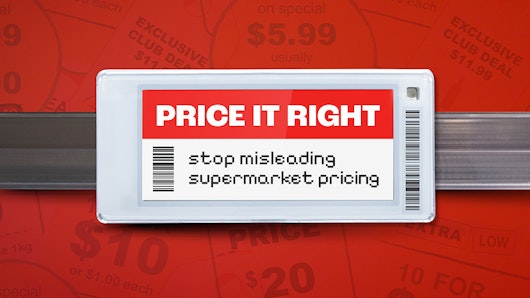
Make supermarkets price it right
Find out about our campaign to tell the government we need clear rules, stronger penalties and automatic compensation for shoppers.
Comments
Was this page helpful?
Related articles
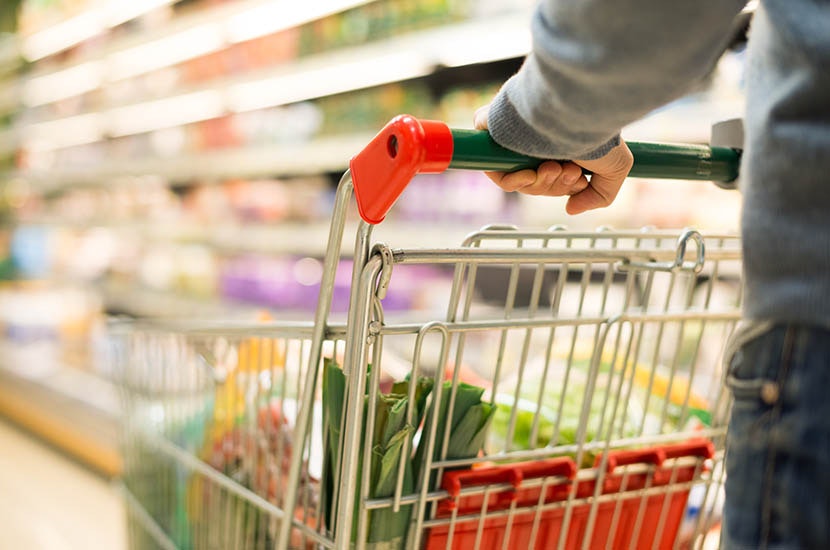
Consumer NZ urges New Zealand to learn from Australia’s supermarket inquiry

Suppliers say supermarket duopoly using power to squeeze margins

Supermarkets' super profits - where’s the fair pricing for Kiwis?
